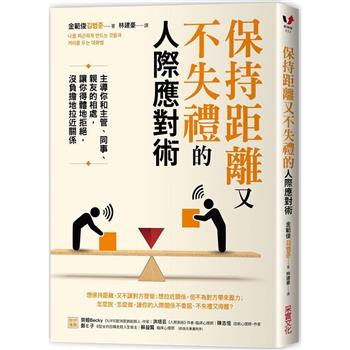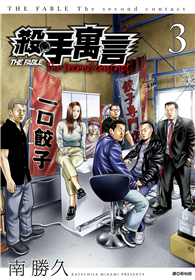This book argues strategy is the process by which an organization understands and declares itself. To bring this about exponents of strategic inquiry attempt to gather knowledge about the conditions in which any organization is being organized: emerging markets, restless geo-political environments, networks of technological ordering, populations and skill sets, and the like. The upshot of such inquiry is a succession of images by which an organization attains distinction as a unity, or ’self’.
Using work from literature, art and philosophy Robin Holt explores what it means to know and declare a ’self’. In assuming this to be a project of knowledge, Holt argues strategic inquiry has become a powerful but limiting organizational force whose exponents attempt to procure more accurate, timely, and more complex information to build better impressions of the world and their place within it. Where this fails, they either compensate by advocating and instilling some form of visionary image of the organization, or they resort to assertions of competitive brute will. Either way there are risks. With vision comes the risk of collective thoughtlessness, and with brute will and kind of Hobbesian state of nature.
The book argues judgment offers another way of responding to the failures of knowledge. One that takes the skeptical challenge seriously, but which does not concede to dogmatic vision or to self-interested assertions of will. Tracing a narrative through the ideas of David Hume, Immanuel Kant, Adam Smith, William Shakespeare, William Hazlitt, Hannah Arendt, Stanley Cavell, Harold Pinter, Virginia Woolf, and others, Holt suggests much might be gained from associating strategic inquiry with a form of critical or poetic spectating. It is by having this un-homely sense of ’being besides’ oneself that an organization can best appreciate what it is to understand and declare what it is and might become.











